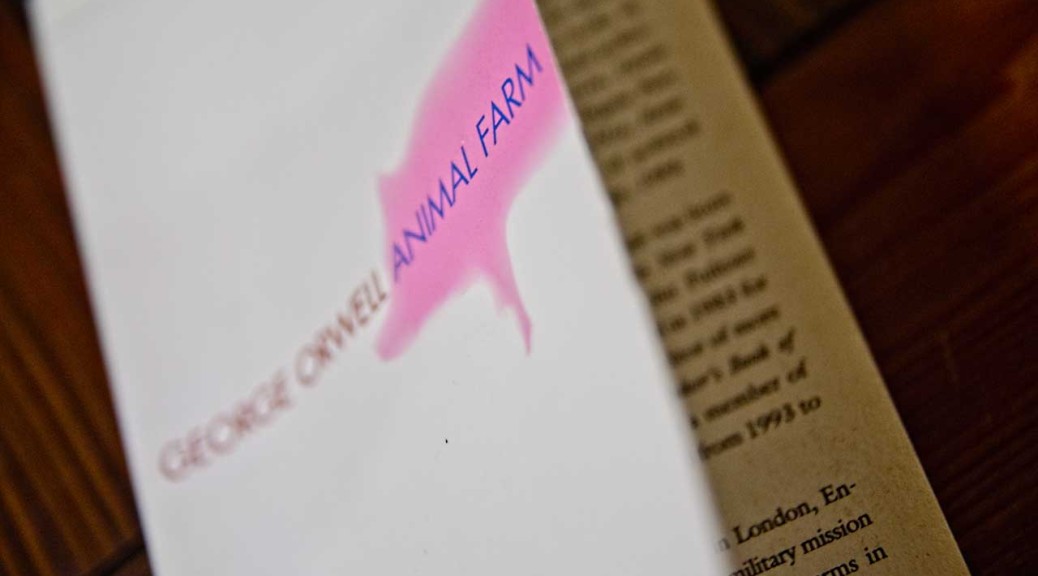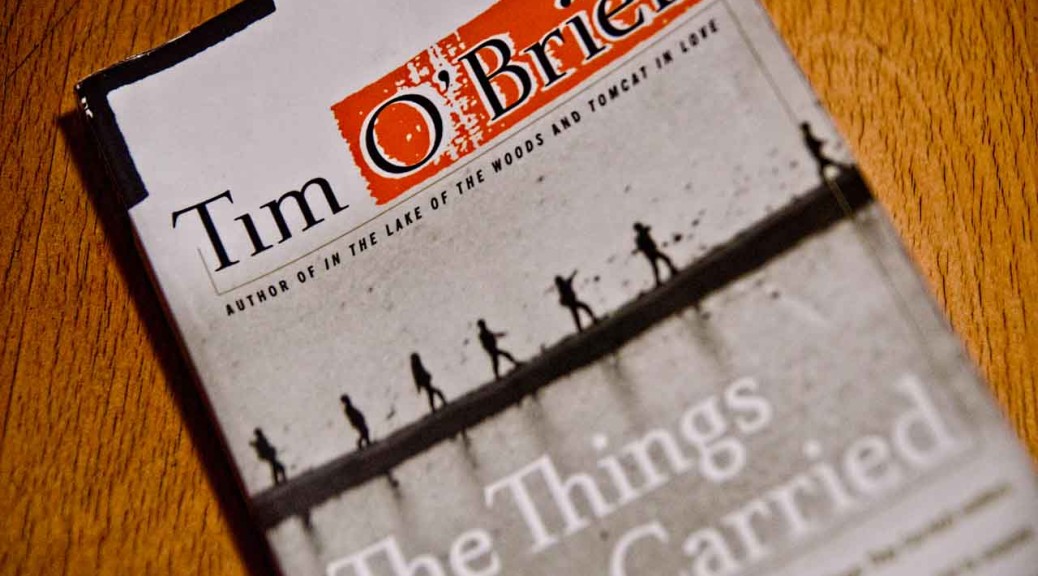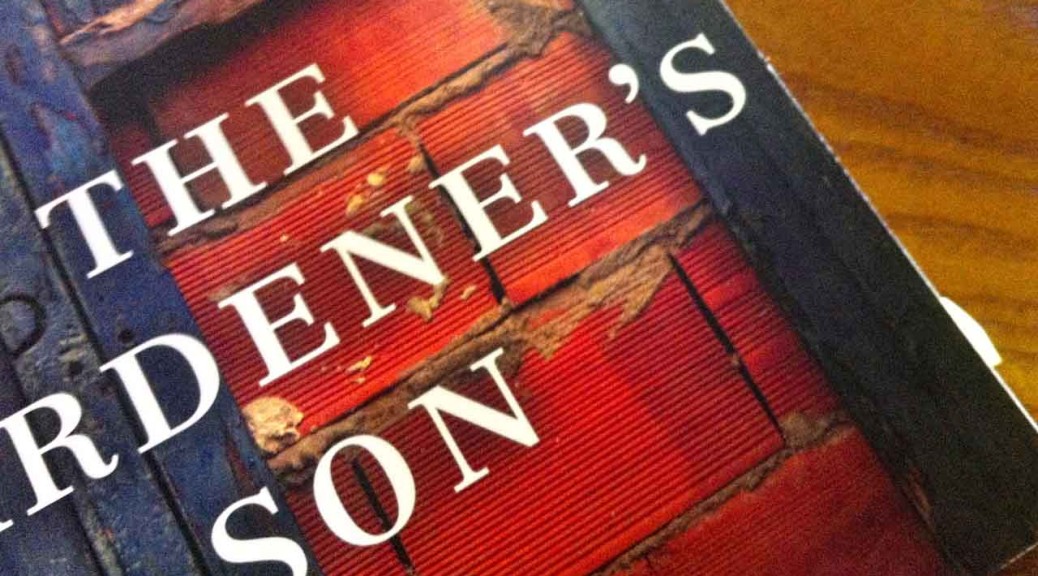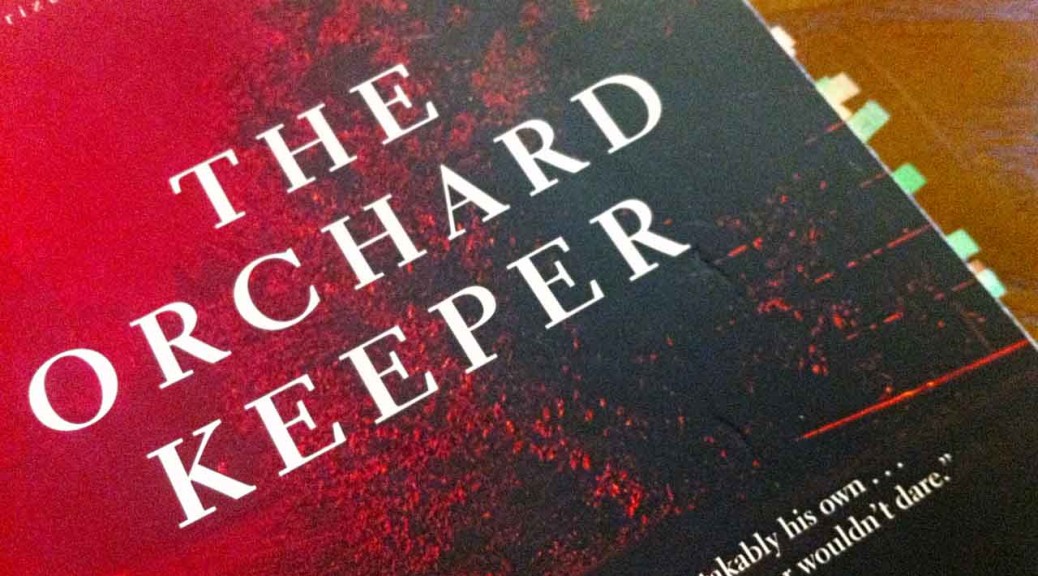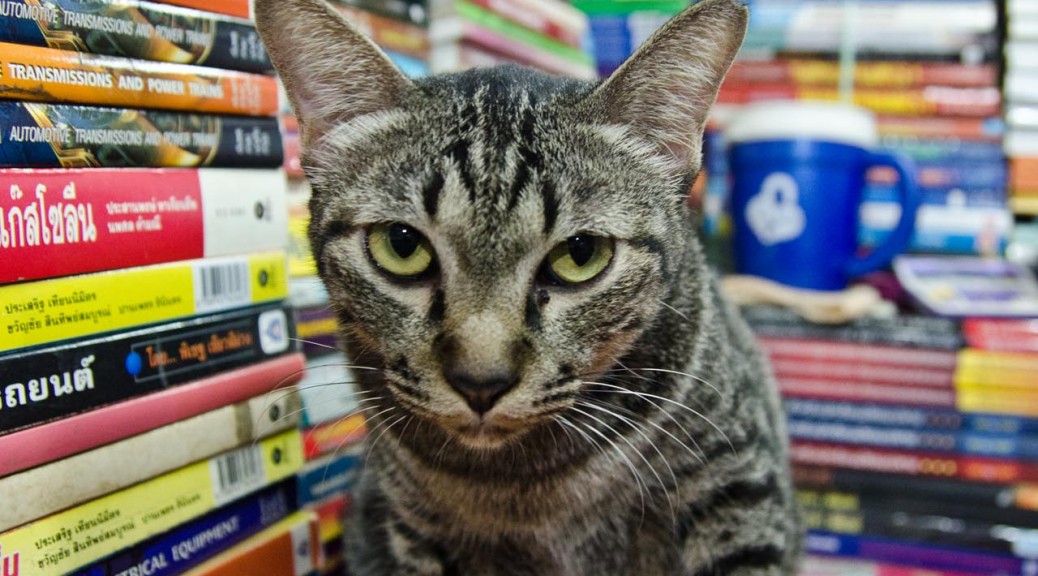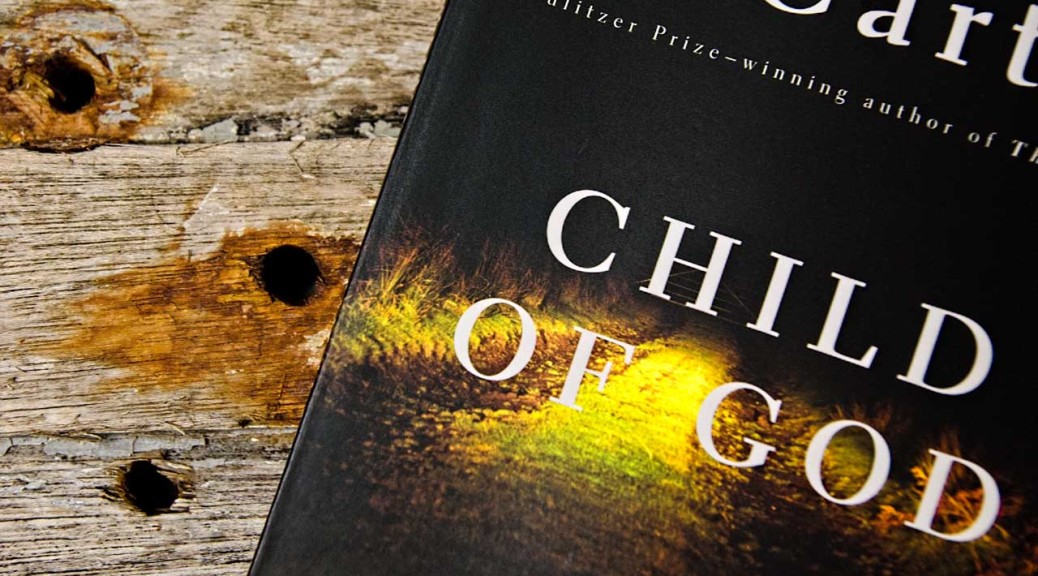Orwell, George. Animal Farm. New York, N.Y.: Signet Classics, 1996. Print. (First ed. 1945).
“Orwell called the book “a fairy story.” Like Voltaire’s Candide, however, with which it bears comparison, it is too many other things to be so handily classified.” p. vi
“Orwell started work on Animal Farm in 1943. As he discovered when he went looking for a publisher, Stalin’s Soviet Union was so popular that year in Britain and America that few wanted to hear or read anything critical of it.” p. viii
Orwell’s essay “”Politics and the English Language,” showing how politicians twist the language to distort and deceive.” p x
Candide by Voltaire
Darkness at Noon by Arthur Koestler
Brave New World by Aldous Huxley
Orwell and others “Why did they get it all wrong? For one thing, they were men who had come to maturity in the age of the dictators.” p. xiii
Rimsky-Korsakov‘s Le Coq d’Or “a fairy tale with a moral.” p. xxi
“The point about fairy-stories is that they are written not merely without a moral but without a morality. They take place in a world beyond good and evil, where people (or animals) suffer or prosper for reasons unconnected with ethical merit–for being ugly or beautiful respectively, for instance, or for even more unsatisfactory reasons.” p. xxii
“Moses, who was Mr. Jone’s especial pet, was a spy and a tale-bearer, but he was also a clever talker. He claimed to know of the existence of a mysterious country called Sugarcandy Mountain, to which all animals went when they died.” p. 17
“Some hams in the kitchen were taken out for burial,” p. 23
“A unanimous resolution was passed on the spot that the farmhouse should be preserved as a museum.” p. 23
“THE SEVEN COMMANDMENTS
1. Whatever goes upon two legs is an enemy.
2. Whatever goes upon four legs, or has wings is a friend.
3. No animal shall wear clothes.
4. No animal shall sleep in a bed.
5. No animal shall drink alcohol.
6. No animal shall kill any other animal.
7. All animals are equal.” p. 24-25
“The mechanical details came mostly from three books which had belonged to Mr. Jones–One Thousand Useful Things to Do About the House, Every Man His Own Bricklayer, and Electricity for Beginners.” p. 49
“But just at this moment Napoleon stood up and, casting a peculiar sidelong look at Snowball, uttered a high-pitched whimper of a kind no one had ever heard him utter before.
“At this there was a terrible baying sound outside, and nine enormous dogs wearing brass-studded collars came bounding into the barn.” p. 52-53
“”He fought bravely at the Battle of the Cowshed,” said somebody.
“Bravery is not enough,” said Squealer. “Loyalty and obedience are more important.” p. 55
“He was always referred to in formal style as “our Leader, Comrade Napoleon,” and the pigs liked to invent for him such titles as Father of All Animals, Terror of Mankind, Protector of the Sheep-fold, Ducklings’ Friend, and the like.” p. 93
“Squealer would talk with the tears rolling down his cheeks of Napoleon’s wisdom, the goodness of his heart, and the deep love he bore to all animals everywhere, even and especially the unhappy animals who still lived in ignorance and slavery on other farms.” p. 93
“By the evening of that day it was learned that he had instructed Whymper to purchase in Willingdon some booklets on brewing and distilling.” p. 108
“the retiring age had been fixed for horses and pigs at twelve, for cows at fourteen, for dogs at nine, for sheep at seven, and for hens and geese at five.” p. 112
“But the explanation was very simple. The van had previously been the property of the knacker, and had been bought by the veterinary surgeon, who had not yet painted the old name out. That was how the mistake had arisen.” p. 125
“No one stirred in the farmhouse before noon on the following day, and the word went round that from somewhere or other the pigs had acquired the money to buy themselves another case of whiskey.” p. 126
“Squealer was so fat that he could with difficulty see out of his eyes.” p. 128
“But the luxuries of which Snowball had once taught the animals to dream, the stalls with electric light and hot and cold water, and the three-day week, were no longer talked about. Napoleon had denounced such ideas as contrary to the spirit of Animalism. The truest happiness, he said, lay in working hard and living frugally.” p. 129
“neither pigs nor dogs produced any food by their own labour; and there were very many of them, and their appetites were always good.” p. 130
“Sometimes the older ones among them racked their dim memories and tried to determine whether in the early days of the Rebellion, when Jone’s expulsion was still recent, things had been better or worse than now. They could not remember. There was nothing with which they could compare their present lives: they had nothing to go upon except Squealer’s list of figures, which invariably demonstrated that everything was getting better and better.” p. 130
“She neighed again, and all the animals broke into a gallop and rushed into the yard. Then they saw what Clover had seen.
“It was a pig walking on his hind legs.” p. 132
“And finally there was a tremendous baying of dogs and a shrill crowing from the black cockerel, and out came Napoleon himself, majestically upright, casting haughty glances from side to side, and with his dogs gambolling round him.” p. 133
“There was nothing there now except a single Commandment. It ran:
ALL ANIMALS ARE EQUAL
BUT SOME ANIMALS ARE MORE EQUAL THAN OTHERS” p. 134
“He believed that he was right in saying that the lower animals on Animal Farm did more work and received less food than any animals in the country.” p. 137
“The creatures outside looked from pig to man, and from man to pig, and from pig to man again; but already it was impossible to say which was which.” p. 141
